In our time, art is considered the actual destruction of the art form and classic content. Among the current artists, are often taken more say in the paintings of himself than about what they portrayed. Therefore, the traditional creative path that develops creativity. Nikita Makarov is in the context of contemporary art provocative and many respects unique.
In essence, Makarov’s paintings are a completely different culture than the one we offer the XXI century. It instead consists of several areas – from the legacy of Impressionism, Art Nouveau, a group of Nabi, etc. Follow the paths forged by those in the arts of the XX century, today bears, at first sight, are not the same meanings that were born sometime with these traditions. Makarov is not an innovator, but strangely enough, his art form is again the opposition, only now the revolution takes place with the opposite sign. The artist calls not to deny the strict classical and academic art, and to seek revival of what has already destroyed a destructive emotion, whose forces have long been at the end (as well as the patience of spectators).
Makarov’s artworks are such that the last thing you want to talk about their “submediant” values. We are already beginning to get used to the fact that every creative act or imitative it possesses a priori. But often the arguments intended to substitute the true value of art, which is composed not of words and trendy environment around them, and from the value, beauty and strength of form, the ability to master, witty or novelty designs.
By looking at Makarov’s work, all this socio-date, the “death gods,” the “end of painting, of concepts and precepts – you want to forget them and surrender to the calm contemplation of the pure beauty of pictures, immerse yourself in their beautiful space, in their fabulousness, and learn a little how such a worldview, which cures confusion and bustle. These artistic creations can not but arouse the desire to analyze, study, understand, apart from everything else. Following the logical comprehension, you begin to feel the contrast between the works of Nikita, and that’s going around, and realize how courageous and collected must be an artist, creating such works.
As in the European impressionism in the film, Nikita has no narrative or poetic story (which always dominated in Russian Impressionism). You could even say that the content of works in the abstract, although it is composed of objectivity. But the author expresses his state, conscious, and unconscious feelings. The main hero is painting itself with a vast and complex world of color and tone of relations, reliefs, and composite solutions. People, with rare exceptions, are completely “washed out” of the pictures or merge with the environment, urban and natural. Linen is always monumental, and its technique (fresco, tempera), and his artistic principles: the space in them tends to decorative flatness. The time has stopped, even a fleeting state of nature transformed into peace, into silence, into eternity.
Watching creativity Nikita, we can say that it has a high degree of confidence, consistency: he is the artist who has found his style, and now tends to his depth. But within this style, a wide range of possible options and searches. In the past few months in his works, a host of new coloristic relations appeared. The night air in velvet green, and blue sky, vivid sunsets with live streams of reflections, the salty sea breeze, sudden minimalism, is nominated as the main character painting surface of water or rustle of leaves, and much more. All these motives brought Nikita from its new European travel, but does it matter from what it was when the painting is driven primarily change of mind, and not change seats.
Looking at the works of Nikita Makarov remains a sense of understatement as if something else very important escapes the attention, the mystery of his works remain his secret. I suppose it should be when faced with a significant artistic phenomenon.
Written by: Svetlana Tarhanova
More info: jmartmanagement.com
The first star. Toscalano-Maderno
Image credits: www.jmartmanagement.com
The first star. Toscalano-Maderno, 2017
Wood panel, levkas, tempera, acrylic/custom wood frame
10 × 11 in
Night Porter
Image credits: www.jmartmanagement.com
2017
Woodpanel, levkas, tempera, acrylic
7 × 8 in
17.8 × 20.3 cm
Heat. Methoni
Image credits: www.jmartmanagement.com
2016
Woodpanel, levkas, tempera, acrylic
8 × 10 in
20.3 × 25.4 cm
Tenth of March. Riomaggiore
Image credits: www.jmartmanagement.com
2019
Woodpanel, levkas, tempera, acrylic – Framed
9 × 11 in
22.9 × 27.9 cm
The house near the monastery
Image credits: www.jmartmanagement.com
2017
Wood panel, levkas, tempera, acrylic
22″ x 24″
455views
Share on Facebook
 Dark Mode
Dark Mode 

 No fees, cancel anytime
No fees, cancel anytime 






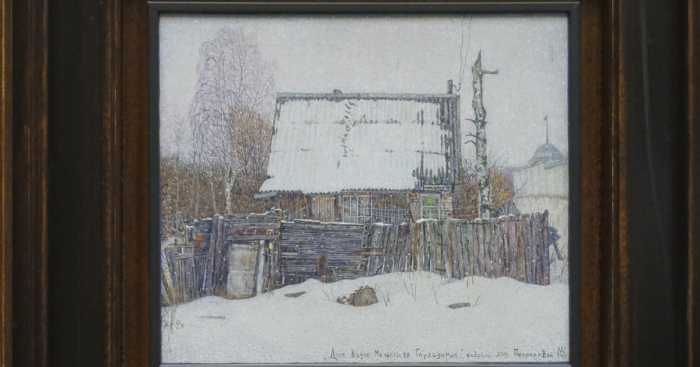
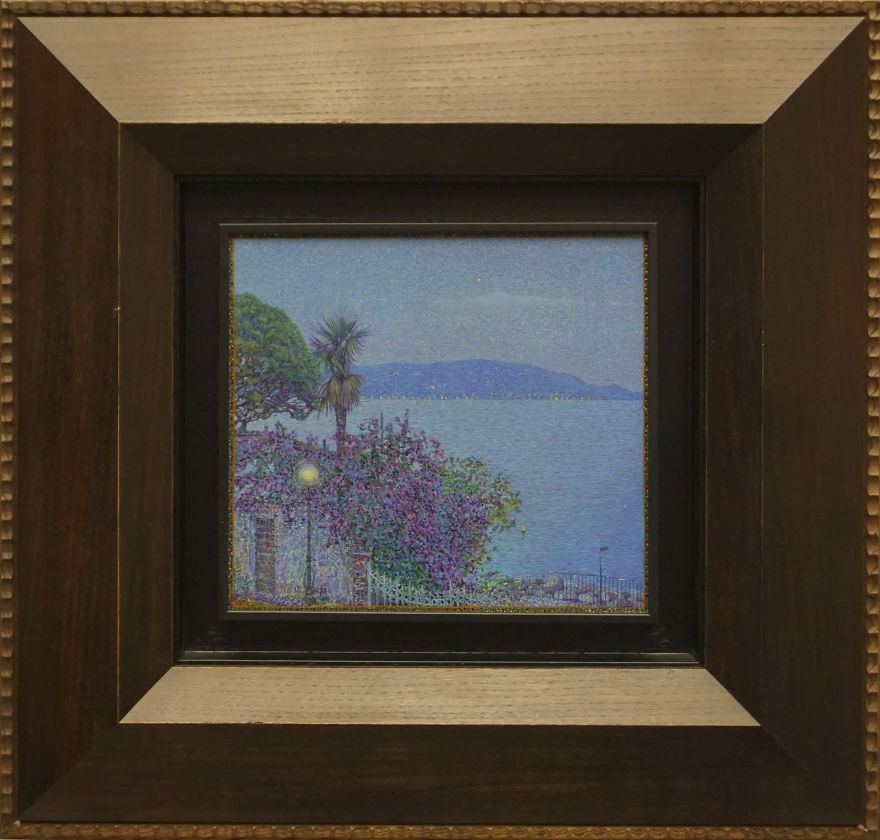
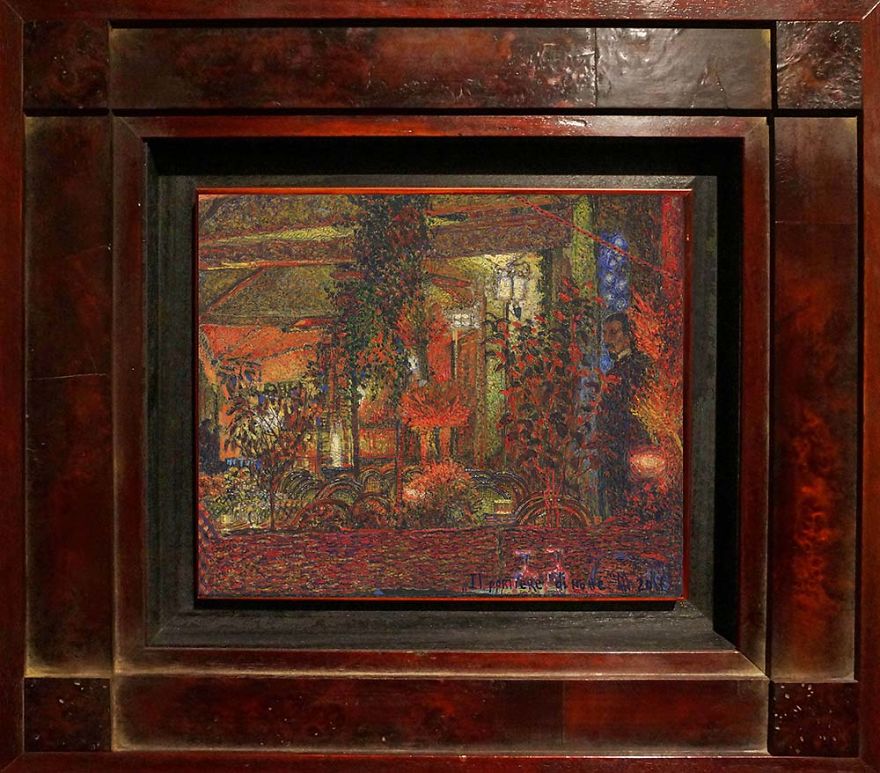
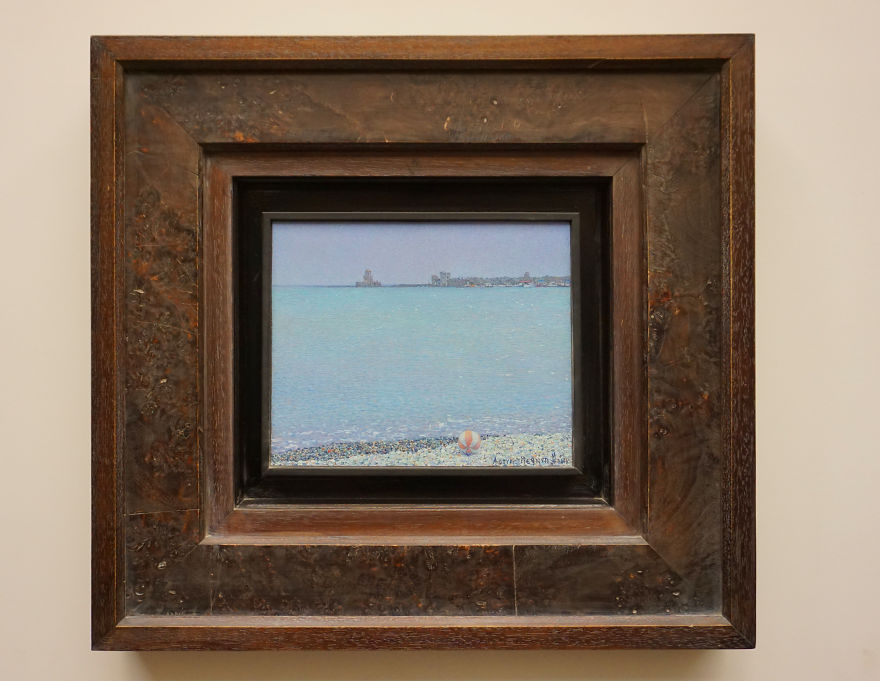
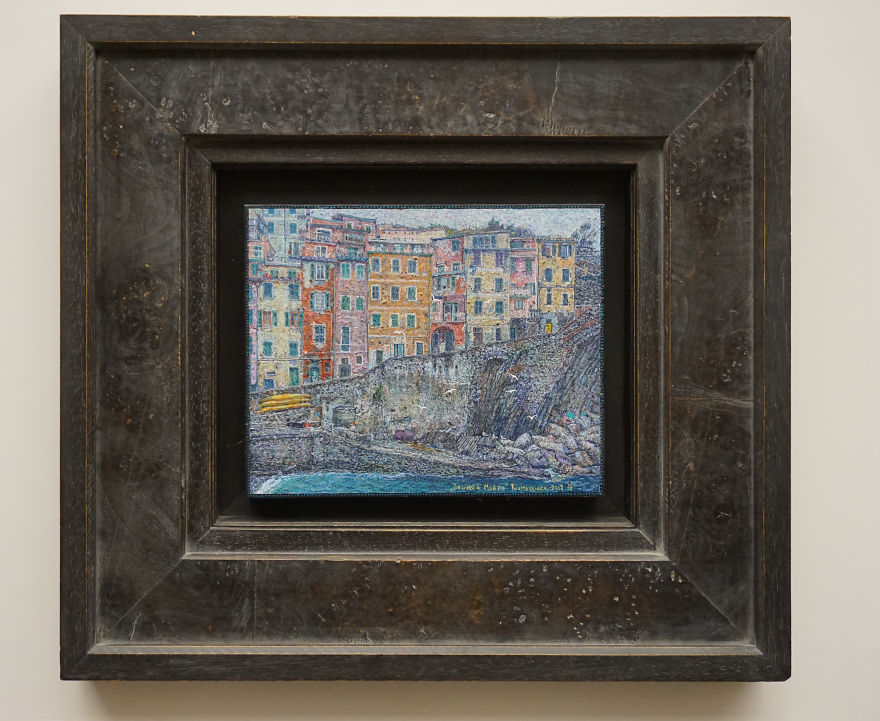
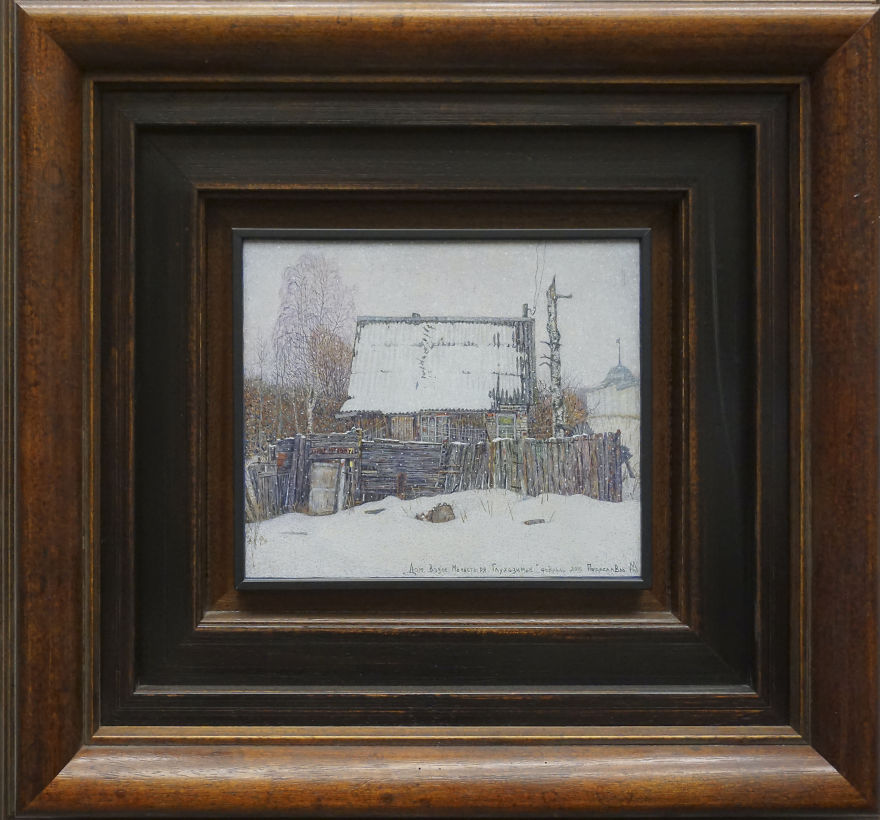
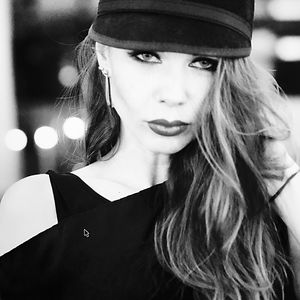
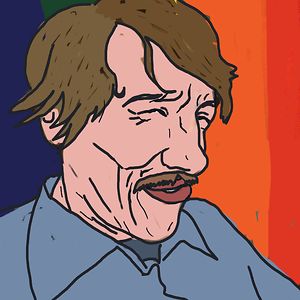

































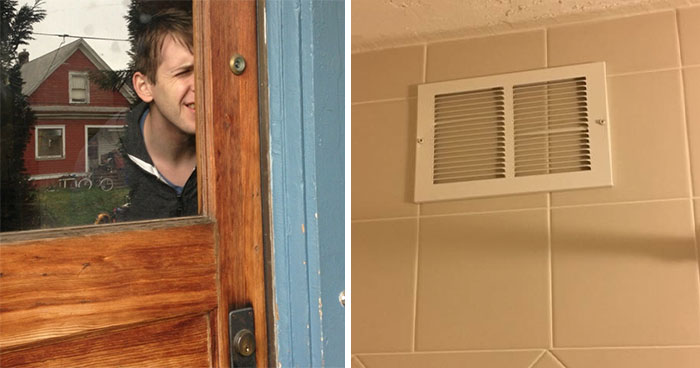
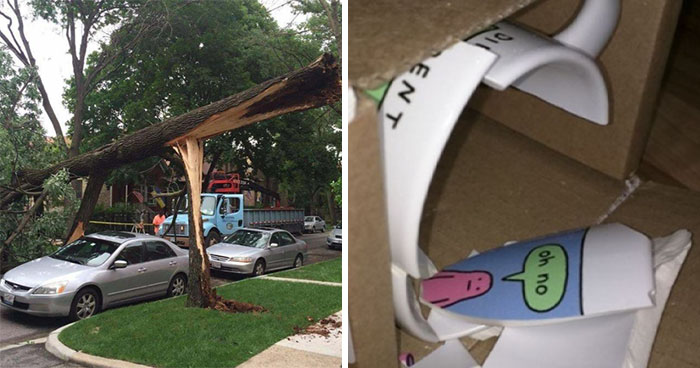
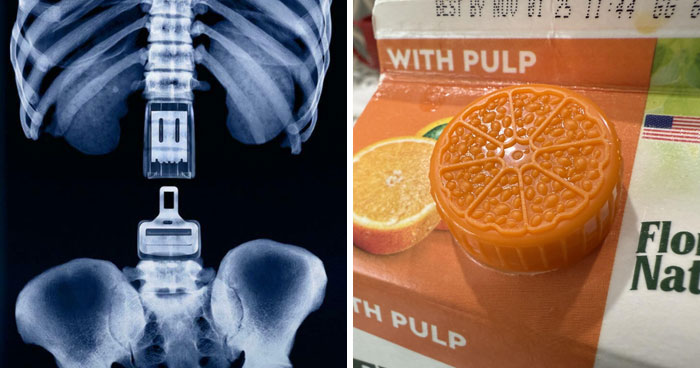


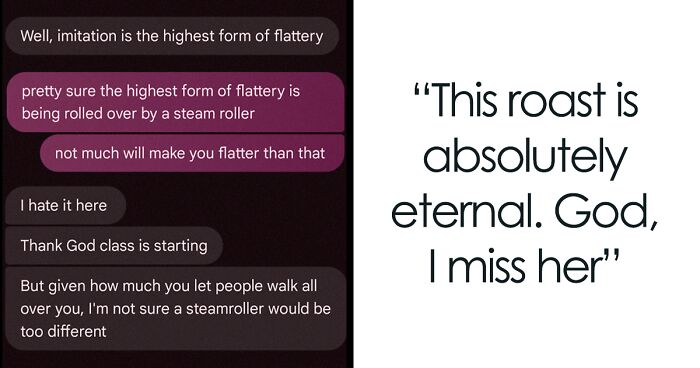
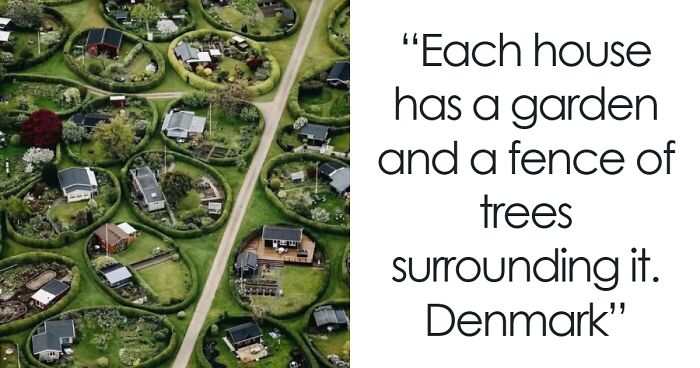


17
0